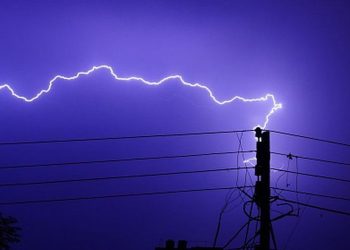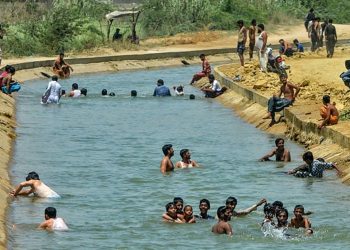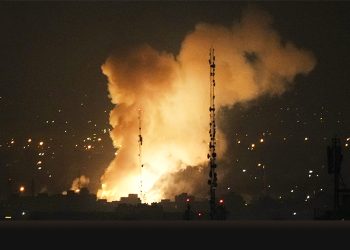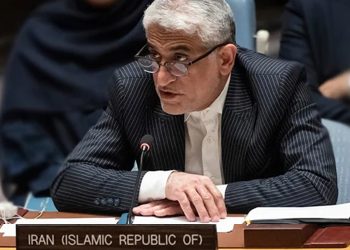Only 5% of students in Pakistan receive a good quality education, and just 12% of the eligible age group currently has access to higher education, according to a report from the Ministry of Education.
Education remains one of the biggest challenges for Pakistan, with approximately 26 million children out of school. The report highlights that “roughly not more than 5% of children are receiving good quality education.”
The National Education Policy Development Framework 2024, launched on Monday, noted that no province in Pakistan is exempt from the ongoing education crisis.
The report also pointed out the prevalence of corporal punishment despite its prohibition, with about 40% of children under the age of five experiencing such practices. Additionally, issues of bullying and abuse faced by children remain largely neglected.
The report emphasized the “primary need to improve the quality of education,” noting that many universities are unable to deliver education aligned with “modern industries and global standards.”
“Despite the expansion of institutions, only 12% of the eligible age group currently has access to higher education,” the report stated, adding that many face challenges related to distance learning or are unable to continue their education altogether.
The framework also underscored Pakistan’s low ranking—164th out of 193 countries—on the Human Development Index (HDI).
It further emphasized the urgent need to enhance research and improve the quality of education in STEM fields, where the country lags significantly behind global standards.
Education Minister Dr. Khalid Maqbool Siddiqui expressed concern over the increasing number of “ghost schools” in the country, despite the difficulties in opening new ones.
Siddiqui vowed to address the challenges in the education system, stating, “Ignoring reality or avoiding the truth will not bring any meaningful progress.”


































